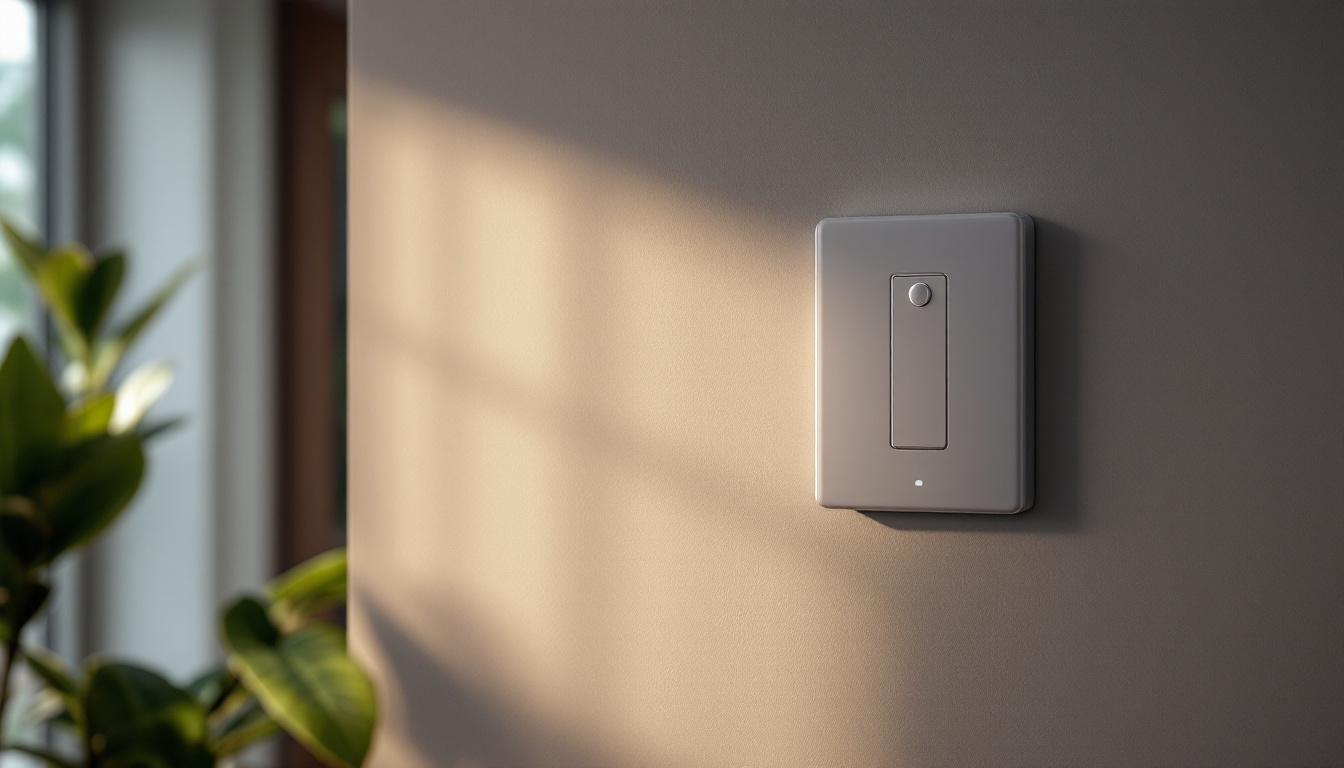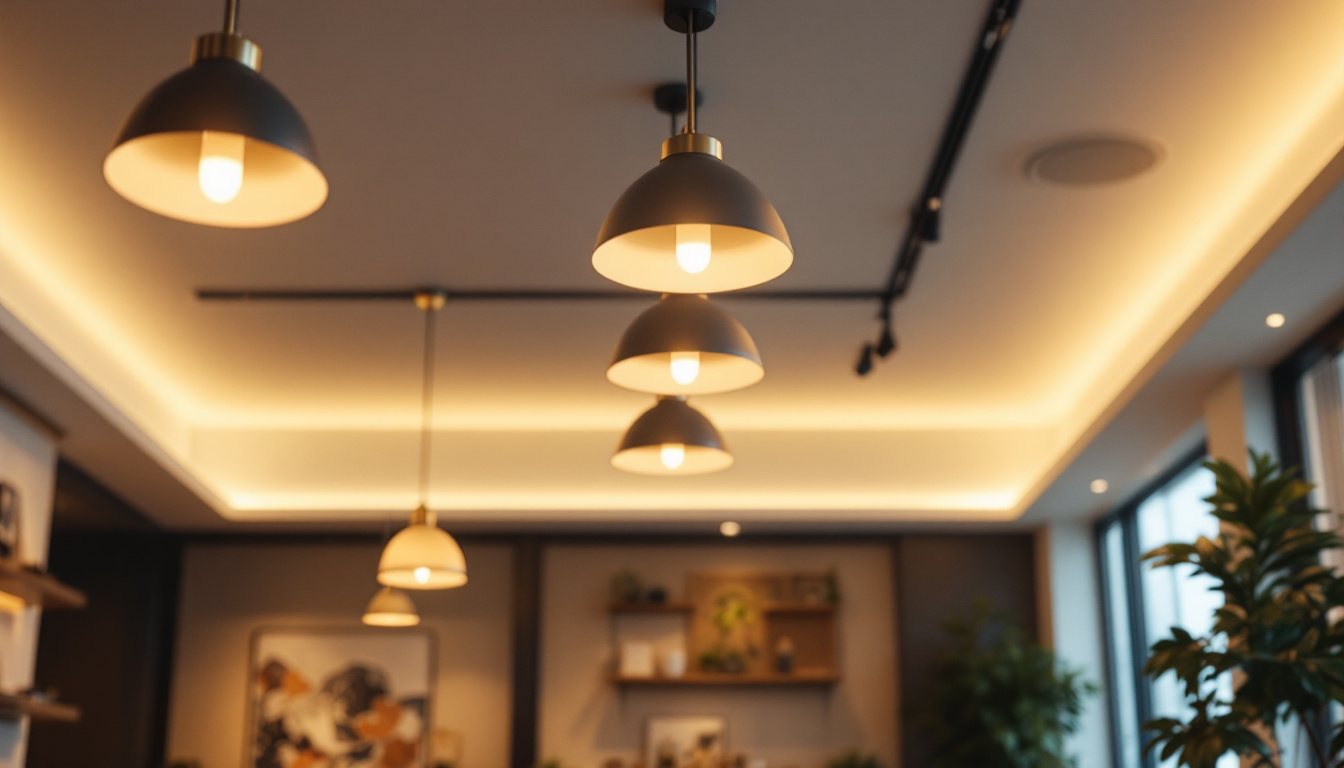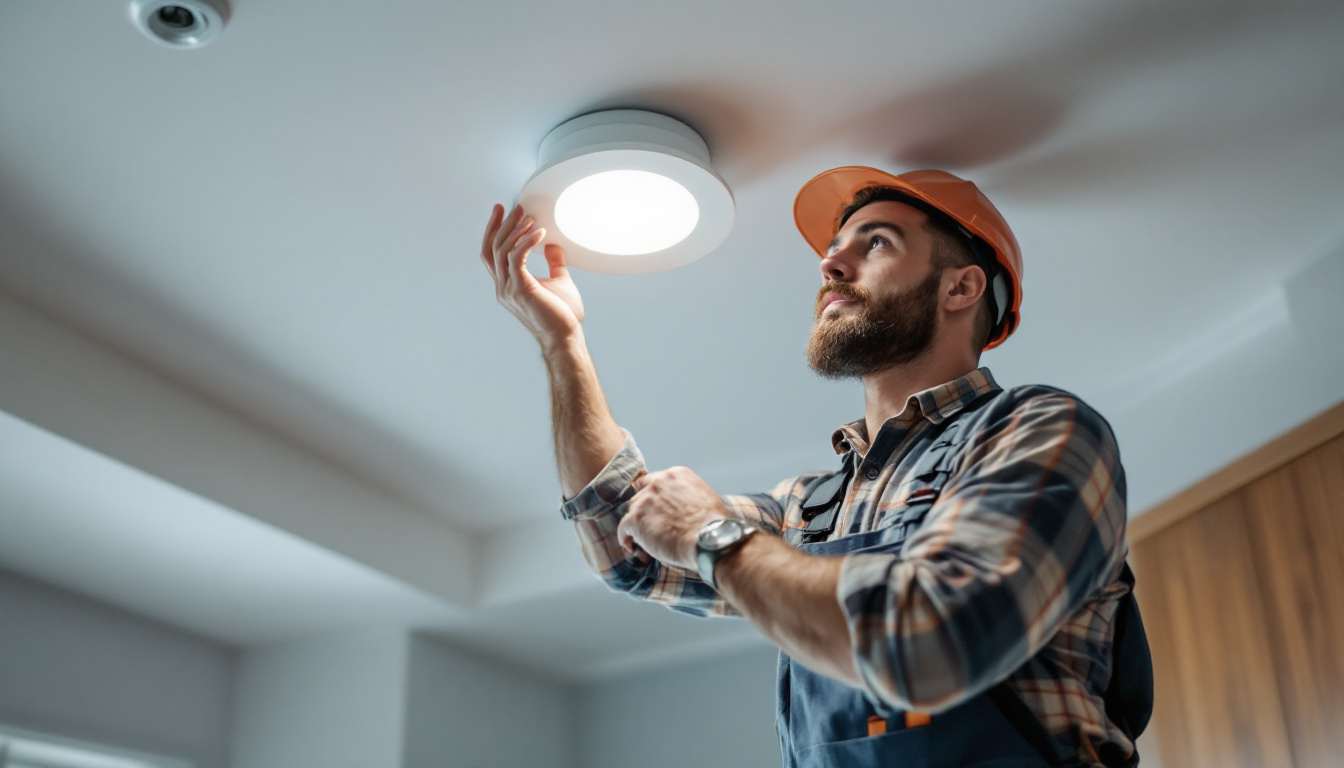
In the world of electrical installations, especially in lighting, the importance of every component cannot be overstated. Among these components, electrical washers play a pivotal role in ensuring the reliability and safety of electrical connections. For lighting contractors, understanding the nuances of electrical washers is vital for delivering quality work that stands the test of time. This article delves into the essential insights regarding electrical washers, their types, applications, and best practices for use.
Electrical washers are small yet significant components used in various electrical applications. They serve multiple purposes, including providing insulation, reducing vibration, and distributing load. Their role in maintaining the integrity of electrical connections cannot be overlooked, especially in lighting systems where reliability is paramount. Without the proper washers, even the most sophisticated lighting designs can suffer from failures, leading to costly repairs and potential safety hazards.
Typically made from materials such as rubber, plastic, or metal, electrical washers are designed to fit between a bolt and the surface it is fastened to. This placement helps to prevent wear and tear on the connection points, thereby extending the lifespan of the electrical system. Moreover, the choice of material can significantly affect performance; for example, rubber washers provide excellent insulation and shock absorption, while metal washers are preferred for their strength and durability in high-stress environments.
There are several types of electrical washers, each designed for specific applications. Understanding these types can help lighting contractors select the right washer for their projects. Selecting the appropriate washer not only ensures a secure connection but also enhances the overall efficiency and safety of the electrical system, which is crucial for both residential and commercial installations.
Insulating washers are primarily used to prevent electrical conductivity between components. Made from non-conductive materials, they are essential in applications where electrical isolation is necessary. For instance, when installing lighting fixtures that may come into contact with conductive surfaces, insulating washers provide a barrier that enhances safety. These washers are particularly vital in environments where moisture or corrosive elements are present, as they help to mitigate the risk of short circuits and electrical failures.
Lock washers are designed to prevent loosening due to vibrations. In lighting installations, where fixtures may be subject to movement or environmental changes, lock washers ensure that connections remain tight over time. This is particularly important in outdoor lighting applications, where exposure to wind and weather can affect the stability of fixtures. Additionally, the use of lock washers can significantly reduce the need for frequent maintenance checks, allowing contractors and homeowners to enjoy peace of mind knowing that their installations are secure.
Flat washers are the most common type used in electrical applications. They distribute the load of a threaded fastener, which helps to prevent damage to the surface being fastened. In lighting installations, flat washers can be used to secure fixtures to junction boxes or mounting surfaces, ensuring a stable and secure fit. Their versatility allows them to be used in various settings, from residential homes to large commercial buildings, making them a staple in any electrician’s toolkit. Furthermore, flat washers can also help to reduce friction between surfaces, which is beneficial in applications where components may need to move slightly without compromising the integrity of the connection.
Electrical washers find numerous applications in lighting installations, contributing to both functionality and safety. Understanding these applications can help lighting contractors make informed decisions during the installation process.
One of the primary applications of electrical washers is in securing lighting fixtures. When mounting fixtures to ceilings or walls, washers help distribute the load evenly, reducing the risk of damage to the mounting surface. This is particularly crucial in high-traffic areas or locations where fixtures may be subject to frequent adjustments.
Additionally, using the appropriate type of washer can prevent loosening over time, ensuring that fixtures remain securely in place. This not only enhances safety but also minimizes the need for frequent maintenance checks. For example, in commercial settings such as retail stores or exhibition spaces, where lighting fixtures are often adjusted to highlight different products, the use of washers can ensure that the fixtures remain stable and aligned, providing consistent illumination without the risk of falling or misalignment.
In certain lighting applications, electrical isolation is critical. For instance, when installing fixtures in damp or wet locations, insulating washers can prevent accidental electrical shorts. This is especially important in outdoor lighting installations, where moisture can compromise electrical connections.
By using insulating washers, contractors can enhance the safety of their installations, protecting both the fixtures and the users. It is essential to select washers that are rated for the specific environmental conditions of the installation site. Furthermore, in environments where corrosive elements may be present, such as near swimming pools or coastal areas, using washers made from materials resistant to corrosion can further prolong the lifespan of the electrical connections and fixtures, ensuring they remain functional and safe over time.
Vibration can be a significant concern in lighting installations, particularly in areas with high foot traffic or exposure to wind. Lock washers are invaluable in these situations, as they help maintain the integrity of electrical connections despite external forces.
Incorporating lock washers into the installation process can significantly reduce the risk of fixtures becoming loose over time, ensuring a long-lasting and reliable lighting solution. This is particularly relevant for outdoor and industrial lighting applications, where durability is a key consideration. Additionally, in settings such as warehouses or manufacturing plants, where heavy machinery operates nearby, the use of vibration-resistant washers can prevent the degradation of lighting systems, allowing for consistent visibility and safety in work environments. The choice of washer type can also play a role in energy efficiency, as securely mounted fixtures can provide optimal light output without flickering or dimming caused by loose connections.
To maximize the effectiveness of electrical washers in lighting installations, contractors should adhere to several best practices. These practices not only enhance the performance of the washers but also contribute to the overall quality of the installation.
Selecting the appropriate type of washer for the specific application is crucial. Contractors should consider factors such as the environment, load requirements, and the materials involved in the installation. For instance, using insulating washers in wet locations can prevent electrical hazards, while lock washers may be necessary in high-vibration areas.
Moreover, the size and thickness of the washer should match the fastener being used. A washer that is too small may not provide adequate support, while one that is too large may not fit properly, leading to potential issues down the line.
Correct installation techniques are essential for ensuring that electrical washers perform as intended. Contractors should ensure that washers are placed correctly between the fastener and the surface being secured. This placement helps distribute the load evenly and prevents damage to the materials involved.
Additionally, it is important to avoid over-tightening fasteners, as this can lead to deformation of the washer and compromise its effectiveness. A well-calibrated torque wrench can help achieve the right level of tightness, ensuring that connections remain secure without damaging the components.
Even with the best installation practices, regular maintenance and inspection are necessary to ensure the longevity of electrical washers and the overall lighting system. Contractors should schedule periodic checks to assess the condition of washers and fasteners, looking for signs of wear, corrosion, or loosening.
Addressing any issues promptly can prevent more significant problems in the future. For instance, replacing worn or corroded washers can help maintain electrical integrity and ensure the safety of the installation.
The materials used in electrical washers can significantly impact their performance and longevity. For lighting contractors, investing in high-quality washers is essential for delivering reliable and safe installations.
Electrical washers are available in various materials, each with its own advantages and disadvantages. For example, rubber and plastic washers offer excellent insulation properties, making them ideal for applications requiring electrical isolation. However, they may not provide the same level of mechanical strength as metal washers.
On the other hand, metal washers, such as those made from stainless steel or brass, provide superior durability and resistance to wear. They are particularly useful in outdoor applications where exposure to the elements can lead to corrosion. Contractors should carefully consider the specific requirements of each installation when selecting washer materials.
Choosing a reliable supplier for electrical washers is equally important. Contractors should seek suppliers that offer high-quality products and have a reputation for reliability. This ensures that the washers used in installations meet industry standards and perform as expected.
Additionally, working with reputable suppliers can provide access to technical support and resources that can aid in selecting the right washers for specific applications. This partnership can enhance the overall quality of lighting installations and contribute to customer satisfaction.
Electrical washers may be small components, but their impact on lighting installations is significant. For lighting contractors, understanding the different types of washers, their applications, and best practices for use is essential for delivering quality work that meets safety standards and client expectations.
By selecting the right washers, employing proper installation techniques, and conducting regular maintenance, contractors can enhance the reliability and longevity of their lighting systems. Furthermore, investing in quality materials and working with reputable suppliers can elevate the overall quality of installations, ensuring that they stand the test of time.
In an industry where safety and performance are paramount, the attention to detail in using electrical washers can make all the difference. By prioritizing these crucial insights, lighting contractors can continue to build a reputation for excellence in their work.
Ready to enhance your lighting installations with the highest quality electrical washers and lighting components? Look no further than LumenWholesale. Our commitment to empowering contractors with spec-grade lighting products at unbeatable wholesale prices ensures that you have access to the best materials for your projects. With LumenWholesale, you can say goodbye to inflated markups and hello to superior lighting products that meet the highest industry standards. Plus, with the convenience of free shipping on bulk orders, you can stock up on premium lighting essentials without the worry of hidden fees. Elevate your lighting projects by choosing LumenWholesale, where quality, affordability, and convenience come together seamlessly. Discover our extensive selection and experience the best value in wholesale lighting by visiting Wholesale Lighting at the Best Value.

Discover how integrating a motion light with a switch can revolutionize your lighting projects.

Discover the top strategies lighting contractors use to enhance spaces with drop ceiling light fixtures.

Discover the pitfalls to avoid when installing can lights in ceilings.

Discover how Bulb Cellars is revolutionizing the bidding process for lighting contractors.